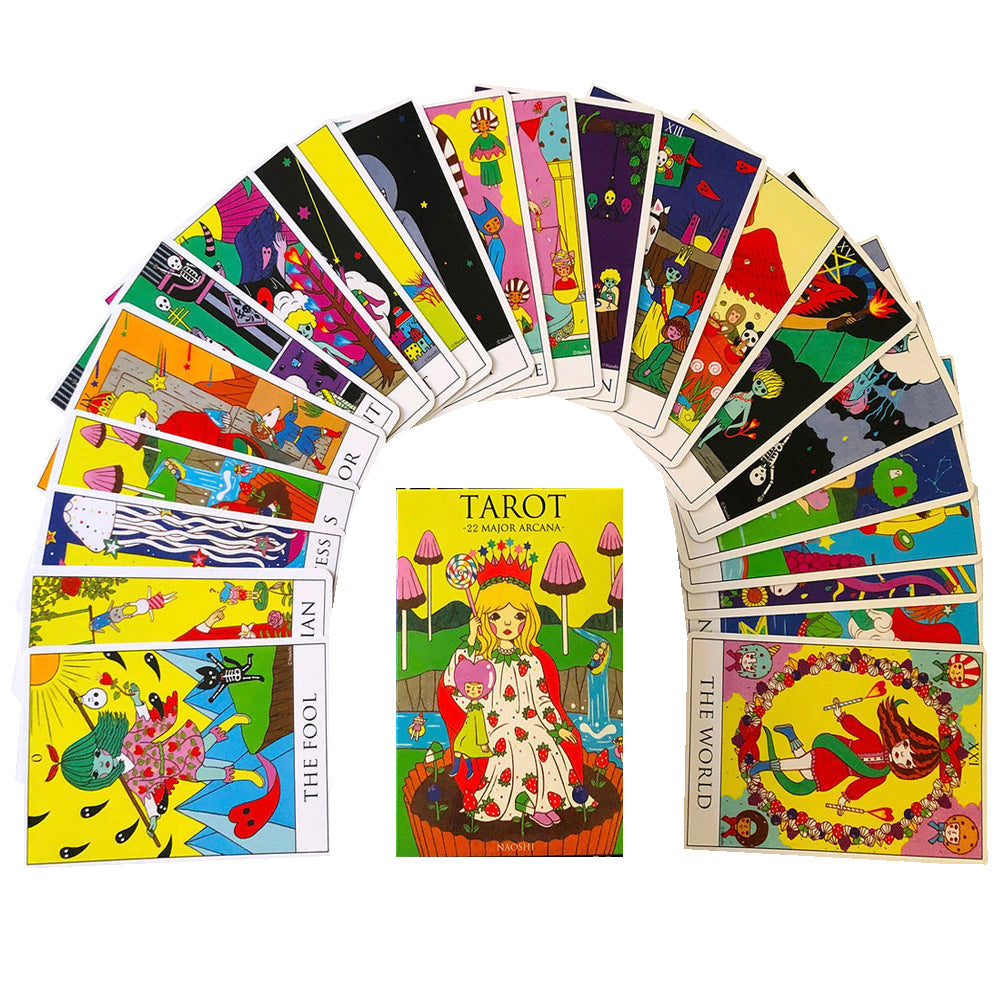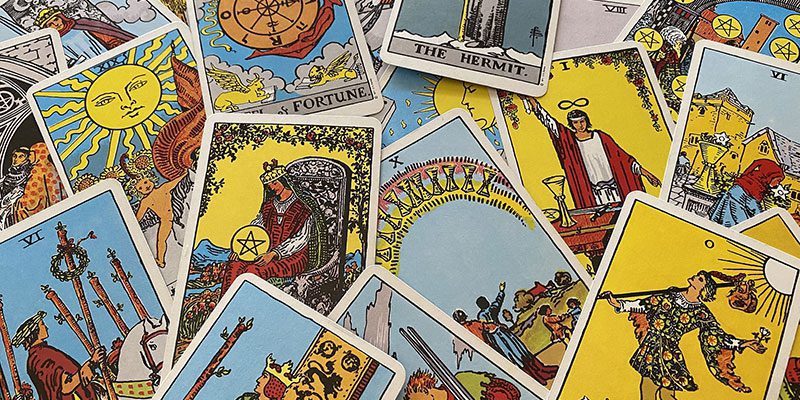
Reading palms is a popular pseudoscientific technique for fortune telling. It is also known as chiromancy. Although palm reading has its cultural differences there are no major differences. The principles are the identical. It can be used to assess a person's future and look at their life path.
Lifeline
A palm life line is often a good indicator of your future. A lifeline close to your thumb indicates that you will have limited energy. Conversely, a long, straight line signifies that you will have plenty. A life line shaped like a semi-circle indicates that you will be energetic and enthusiastic, and a short, shallow life line means that you will be cautious with your relationships. A broken or circular life line indicates that you are open to manipulation.
Your life isn't working because you haven't got enough energy. You might want to work on your skills to achieve a higher level happiness. The head line runs between your thumb and index finger, and continues all the way around the palm. This line signifies mental strength and intelligence. Your head line determines how independent you are, and whether you have strong spiritual instincts.

Fame line
You should pay attention to the Fame Line when reading palms. This is a vertical line that starts at the base of your pinky and descends. It provides more information about the person's past. A wide line indicates creativity and success. While a thin line can indicate low achievements, it is indicative that the person has achieved great things.
A person's fate is often indicated by their fate line, which can be straight or arched. It may look like a tree path. If your fate line is straight, it means that you are likely to succeed in your career and earn a lot of money. On the contrary, a curvilinear or twisted fate line indicates difficulty or difficulties in your personal life.
Fate line
The fate is one of major lines in palmistry. This line runs along the middle and crosses over two prominent horizontal axes. The fate lines determine one's destiny, career, success, as well as timing. This line can be used to help you understand yourself and your destiny.
Each person might have a different fate line. It can start at the wrist, end at the headline, or be continuous. Sometimes the fate line crosses the heart line or mounts. This is an indicator that a business or relationship will succeed when it crosses the fate line. A person with a short line indicates that they will find love at an early age, and someone with a long line may attract money.

Square hand
People who have logical and practical tendencies are best characterized by a square-shaped hand. This hand type also values rules, religion, order, and laws. They are known for being friendly, outgoing, pragmatic, and open-minded. They are often successful and make wise business decisions. But, people who value fame or popularity may not prefer a square-shaped hand.
A square hand is medium in size and has fingernails shorter than an oblong. This hand is expressive, artistic, and intuitive. This hand can be sensitive or overly assertive.
FAQ
What are observation hobbies exactly?
Observation hobbies are activities where you observe people doing what they do. You might be interested in watching sports, reading, going on holidays, and so forth. You could also observe other people.
You can learn creativity through observation hobbies. You can apply this knowledge later on when you work with others.
You will discover that learning is easier when you are interested.
For example, if you want to know more about football, you may watch a game or read a book about it. Exhibitions are a great way to learn about photography.
If you enjoy playing music, you could play along to songs online or buy a guitar.
If you like cooking, you could cook your own meals or visit restaurants.
If gardening is your passion, you can grow vegetables and flowers.
If dancing is something you enjoy, join a dance class.
If you like painting, you could paint pictures.
Writing poetry or stories is a passion if you are a writer.
Drawing pictures is a great hobby.
If you're passionate about animals you might consider working at a Zoo or looking after their pets.
If you enjoy science, you might consider studying biology, chemistry and physics.
If you like history, you could read books, watch films or listen to podcasts.
If you enjoy travelling, you might consider exploring your local area or traveling abroad.
What hobbies are best for introverts and what types of hobbies would they enjoy?
Introverts can concentrate on one thing at the same time. They are more comfortable with solitary activities, such reading, writing, music, and watching movies.
They also enjoy quiet time. They don't enjoy being social all day. In fact, they can often be bored when surrounded with people.
Introverts will often choose hobbies that require them alone. You might find them reading books, listening, playing music, taking photos, writing poetry or painting.
Some introverts prefer to live alone. This allows them to focus on their hobby without being distracted by other things.
What are some hobbies that seniors might enjoy?
Senior citizens should find activities they love to do. Active seniors should take up sports and other physical activities.
They might be interested in joining clubs that offer similar interests. This way, they'll feel less lonely as they age.
Senior citizens need to be aware of the latest trends. For example, seniors could keep up with the latest fashions, art and literature.
What are your favorite hobbies right now
Popularity does not always mean that you are popular. It is often used to excuse mediocrity. It is a fact that most people don't have enough time to pursue hobbies they enjoy. They are always too busy to earn a living. What do you do with your spare time? You could open a business.
But it's not an easy task. There are many obstacles that must be overcome before you can realize your vision.
Consider pursuing a hobby if your goal is to have something more fun than running a company.
Hobbies are not limited to creative pursuits. There are many hobbies. Some of these include:
-
Gardening
-
Cooking
-
Photography
-
Reading
What is a hobby that kids can do?
Anything kids like to do that is not part of their daily routine is a hobby. They might like to draw pictures, build things, paint, write stories, play with toys, read books, watch TV, listen to music, play computer games, ride bikes, skateboard, swim, climb trees, run around outside, play football, basketball, volleyball, rugby, cricket, baseball, soccer, hockey, dodgeball, rounders, tag, hide and seek, hopscotch, marbles, jump rope, hopscotch and many others.
Many parents worry that their children will get into trouble if they're allowed to do whatever they want. It is not true. This is true even if your child isn't causing harm to anyone or their own safety, then they won't be in trouble.
It's important to remember that just because they like to do something doesn't mean that they'll always choose to do it. For example, if they love drawing pictures but they hate writing, then they may decide to draw pictures instead of writing.
There are many different hobbies, so it is up to you which one you love the most.
What are good hobby ideas?
The best hobbies are those that you enjoy doing for yourself. You'll be more motivated to do what you love. This will give you a reason for not feeling well, or tired.
The hobbies we all love are gardening, painting and crafting, photography.
Another option is to volunteer at a local charity shop.
If you're looking to do something more adventurous, Try scuba diving, rock climbing or parasailing.
There are many other ways to spend time outside. These include caving.
Why do we require hobbies?
Hobbies play an integral part in our lives. It allows us to unwind and recharge, think creatively, exercise, socialize, have fun, and allow us to enjoy life. You can also learn new skills and develop lifelong interests.
Hobbies can help us find meaning and purpose.
They can be a great way of spending time without having to do anything else.
They are fun!
If you don't have time for a hobby, then you probably don't have time for anything else either.
Take a look at the many options that are available to you. Perhaps you should get a hobby started today if you don’t already have one.
Statistics
- I am 100% biologically a woman (discover.hubpages.com)
- 37% Video Games 36% Travel 36% Health and Fitness (quizexpo.com)
- The intensity of the dialogue partners' bond at the end of the forty-five-minute vulnerability interaction was rated as closer than the closest relationship in the lives of 30 percent of similar students. (time.com)
- The Role of the Mind in Sex, Dating, and Love: Men in the “humor” condition received phone numbers from 42.9% of the female participants and were refused 57.1% of the time. (time.com)
- Almost 80% of people claim to have no hobby. (hobbylark.com)
External Links
How To
How to learn a musical Instrument
There are many different ways to learn how music is played. You could attend a school, read a book, get lessons from someone who plays a musical instrument, or look at videos online. Here are some tips and techniques to help you learn if your goal is to create your own learning path.
-
Find something that interests you. If you don't like any of the instruments you see around, then you should try another one. It is difficult to enjoy an instrument if it is not something you are interested in.
-
Be patient. It takes time to learn something new. You don't have to learn everything in one go. Keep practicing each day.
-
Keep practicing regularly. This can be done even when you are tired. This will ensure that your memory doesn't fade.
-
Make sure you choose a safe place to practice. You want to be in a place where you are not disturbed by others. Also, make sure that there aren't too many distractions. You should avoid loud music being played near you.
-
Have fun. Music is meant to be enjoyed. Make sure you have fun while practicing. Enjoying yourself will motivate you to continue going at it.
-
Set goals. You will know what you need to do if you have goals. Therefore, you will have no excuse for failing.
-
Keep track of your progress. Keep track of all your successes and failures. It will help you become a better person over time.
-
Take breaks. Sometimes, all you need is to take a moment to think. Take breaks to allow you to reflect on things.
-
Ask questions. Ask other people if you have any doubts or confusion regarding certain aspects of the instrument. They may be able to help you out.
-
Learn by listening. Many musicians learn by listening to the songs they love and then imitate them. This helps them understand basic concepts behind the song.
-
Read books. Reading books will teach you more than watching videos or taking classes. Books often contain information you can't find elsewhere.
-
Join a band. Playing with other people will make you more practice. Plus, it will be easier to meet people with similar interests.
-
Watch tutorials. Tutorials are short videos which explain many topics in great detail. These videos often focus on one aspect or part of the instrument. These tutorials will help you to understand the more difficult parts.
-
Try different methods. Some prefer to learn by listening, while others prefer reading. Experiment until you find what works best for you.
-
Practice makes perfect. You don't become an expert overnight. It takes a lot of work to be able to perform well.
-
Get along with other musicians. Listening and learning from others can help you to learn faster.